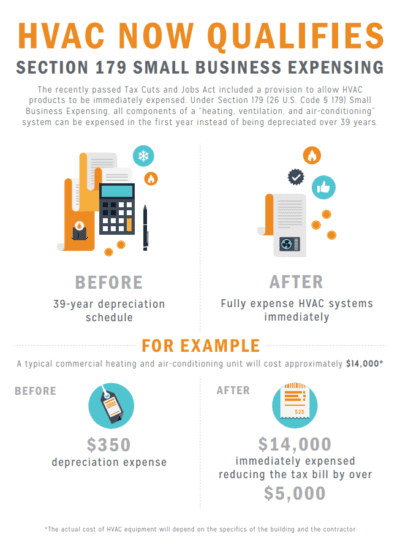Recognizing The Effects Of Climate On Heatpump Functionality And Just How To Reduce Them
Recognizing The Effects Of Climate On Heatpump Functionality And Just How To Reduce Them
Blog Article
Article By-Melendez Linnet
When it concerns your heatpump, weather condition plays a critical duty in its efficiency. From freezing temperatures to sweltering heat, each aspect can affect just how efficiently your system runs. Yet what can you do to fight these weather-related difficulties and ensure your heat pump is operating at its ideal? Remain tuned to uncover practical suggestions and strategies to maximize your heat pump's efficiency, despite the weather conditions it deals with.
Climate Elements Impacting Heat Pump Performance
Weather factors have a substantial impact on the performance of heatpump. One critical aspect is temperature. Heatpump function by moving warmth from outside to within throughout winter season and the other way around in summer season. As temperatures decrease, it becomes harder for the heat pump to extract heat from the outdoors air, decreasing its effectiveness.
One more key element is humidity. High humidity levels can make it extra tough for the heat pump to launch warmth throughout the cooling process.
In addition, wind speed plays a role. Strong winds can dissipate the warm soaked up or released by the heat pump, influencing its overall efficiency.
Tips for Optimizing Heat Pump Performance
To boost the performance and longevity of your heatpump, carrying out a couple of vital strategies can make a substantial difference in its efficiency.
To start with, make certain regular upkeep by cleansing or replacing filters every 1-3 months to stop air movement clogs and optimize air movement. In addition, routine annual specialist inspections to find and attend to any kind of possible concerns early on.
Optimum thermostat setups likewise play an essential role. During the winter season, aim for a temperature level setup that's as low as comfy, and throughout the summer season, set it as high as comfortable to reduce the work on your heat pump. Utilizing a programmable thermostat can aid you immediately adjust settings based on your routine.
In addition, sealing leaks in ductwork and insulating ducts in unconditioned spaces can stop energy loss and improve overall system efficiency.
Recommended Webpage but not least, take into consideration mounting a smart thermostat that can discover your behaviors and readjust setups as necessary, further optimizing your heatpump's performance. By ac repair canterbury to these suggestions, you can ensure your heat pump operates effectively and efficiently throughout the year.
Best Practices for Weatherproofing Your Heatpump
For optimal performance and effectiveness of your heatpump, executing weatherproofing steps is vital. Start by sealing any voids or fractures around doors, home windows, and ductwork to avoid warmth loss and maintain a consistent indoor temperature level.
Protect revealed pipelines and air ducts to prevent cold during winter and guarantee correct air flow. Take into consideration mounting a safety cover over the outdoor system to shield it from harsh climate elements like snow, ice, and debris.
Routinely tidy the outside device to eliminate dirt, leaves, and particles that can obstruct air movement and decrease efficiency. Additionally, maintain the location around the heat pump free from snow, ice, and greenery to allow for appropriate ventilation.
Verdict
Since you comprehend how climate influences your heatpump efficiency, you can take aggressive actions to enhance its efficiency. By following electrical repairs and maintenance christchurch laid out in this article, such as routine maintenance, thermostat modifications, and weatherproofing actions, you can ensure that your heatpump runs at its finest despite the weather conditions. Remain successful and keep your home comfy all year round.
